Tesla’s stock price has slumped 4.9 per cent off the back of weak global performance to the end of the first quarter of 2024, with the brand delivering far fewer vehicles than the market expected.
The brand still delivered 386,810 vehicles, which sounds like a lot, but it fell short of the projected 449,080 units. It represents a decline of 20 per cent from its high-point of 484,507 units for Q4 of 2023.
The electric car maker, which has gone from market darling to frequently embattled, is facing some existential threats in the market, including slowing global EV demand off the back of a high-inflation environment, as well as aggressive competition from Chinese automakers.
According to some analysts, Elon Musk’s increasingly erratic public profile has also tarnished the brand’s image to some degree, with the brand’s ‘consideration score’ halving since late 2021, as reported by Reuters, while volatile pricing from the brand particularly for its most popular entry-level variants has continually harmed resale for existing owners.
Tesla’s market capitalisation is still roughly double that of its nearest competitor, Toyota, despite the fact that Toyota’s revenue and earnings are around three times higher.
But Tesla’s biggest threat in the market is currently the new poster-child for electric vehicles – China’s BYD. While BYD has been a big player in China for some time, its rapid export expansion not just in Australia in the last few years has put Tesla’s dominance of the EV sector in question.
.jpg)
BYD’s EV offerings, which include the Atto 3 SUV, Dolphin hatch and Seal sedan offer competitive driving ranges at an even lower price-point than Tesla’s Model 3 and Model Y. New popular EVs like the MG4, Polestar 2 and Volvo XC40, have also put pressure on Tesla locally.
As a result, by the end of 2023, Tesla’s share of EV sales had fallen from nearly 60 per cent in 2022 to just 52.9 per cent, a figure which looks to fall further by the end of 2024 thanks to the arrival of the BYD Dolphin and Seal. In fact, BYD managed to outdeliver Tesla for the first time ever in January of this year.
In a further blow to Australian buyers, Tesla has discontinued its higher-end offerings, including the Model S and Model X, and it is questionable whether the brand will ever bring its controversial Cybertruck to the market.
Tesla’s woes aren’t just from rivals either, with the brand suffering supply delays from its much-hyped new Gigafactory facility in Germany, slow progress on its promised driverless car software and slow upgrades for its existing line-up, with its most popular Model Y still awaiting the same deep upgrades received by its Model 3 sibling.
.jpg)
Frustration looks set to continue for the brand’s fans and shareholders alike, at least until 2025, if the EV maker can deliver on its next big milestone - the release of a smaller and more affordable car frequently referred to as the ‘Model 2’.
This “next-generation low-cost vehicle”, as Musk calls it, will be on a new platform unrelated to the Model 3 and Model Y and is promised to use new and more efficient construction processes to help bring the production costs down significantly. Tesla is targeting a sub-US$25,000 (AU$38,400) starting price, and the German Gigafactory is expected to be the debut manufacturing facility as Tesla aims to shore up its competitiveness in Europe.
Whether it materialises in time, at the predicted price, or at the required volume remains to be seen. If the debut facility is indeed Europe, the model could still be years away from an Australian arrival.
Meanwhile, Tesla deliveries locally for February 2024 took a big jump back to where the brand’s hopes lie, up 61.1 per cent month-on-month from a disappointing January, to 5665 units. It is still 0.8 per cent behind last year’s figures, but enough to keep BYD (779 units in February) off its back, at least for now.



.jpg)








.jpg)
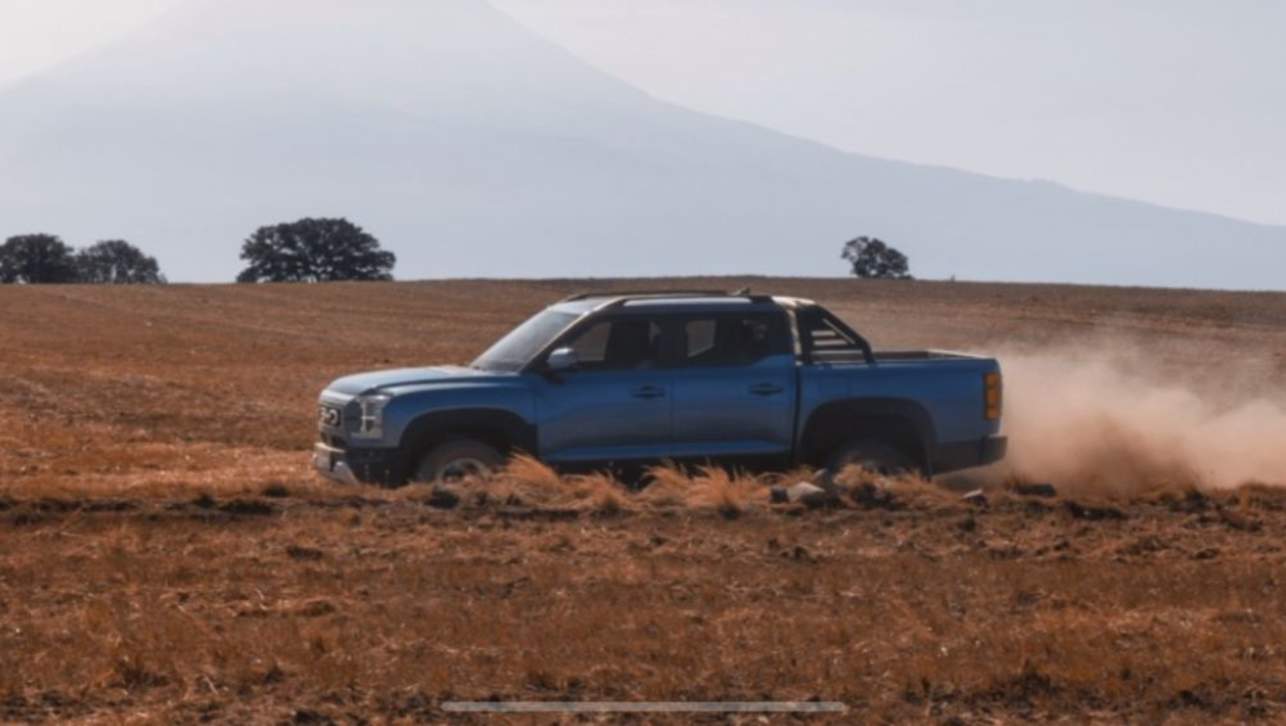
.jpg)
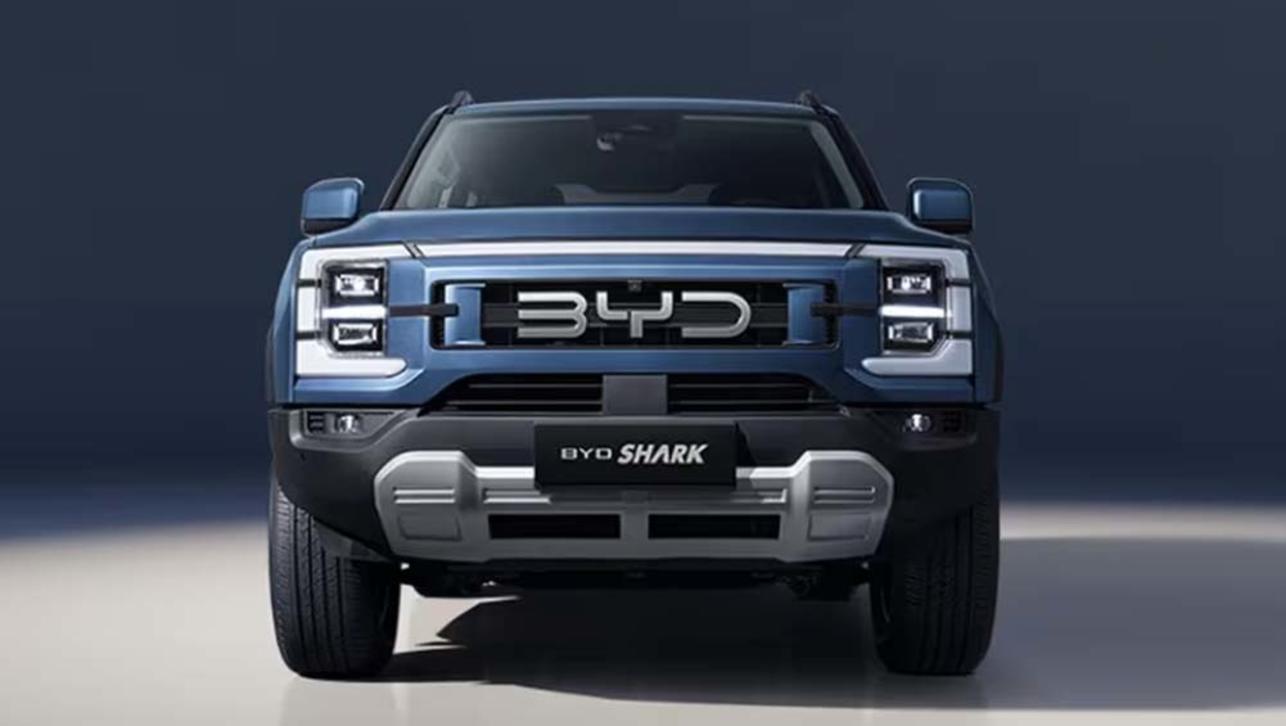
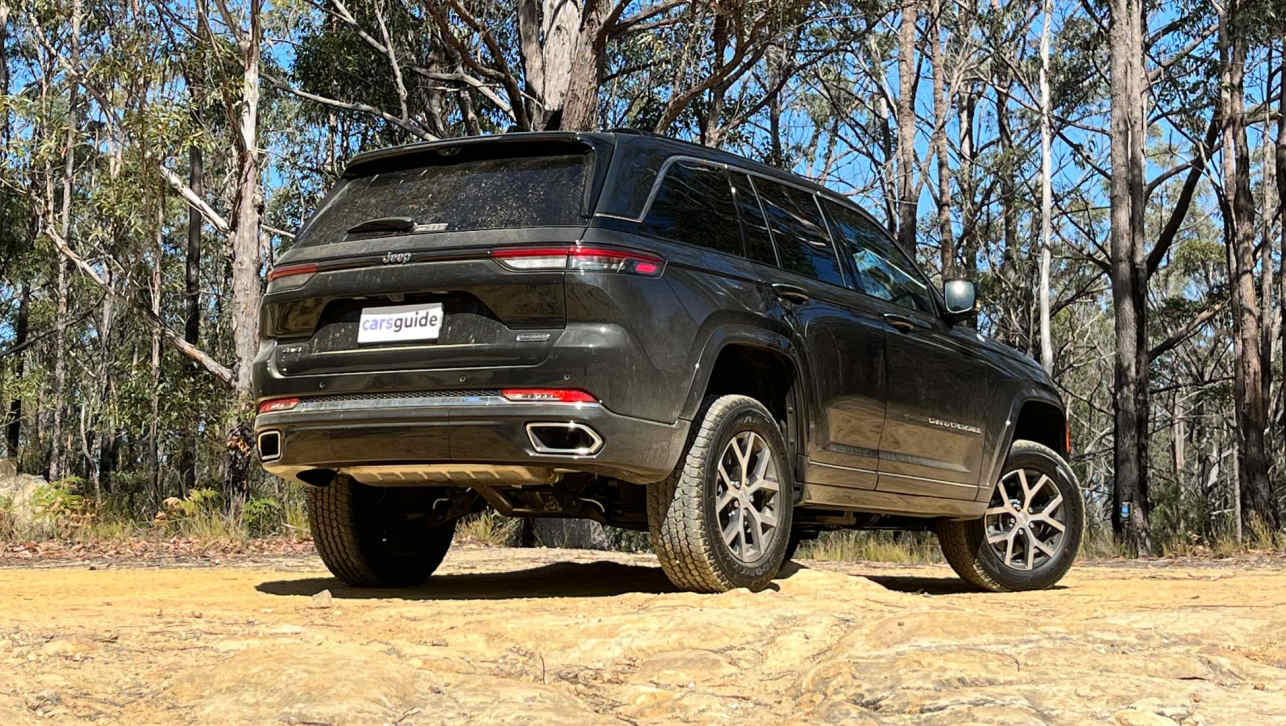
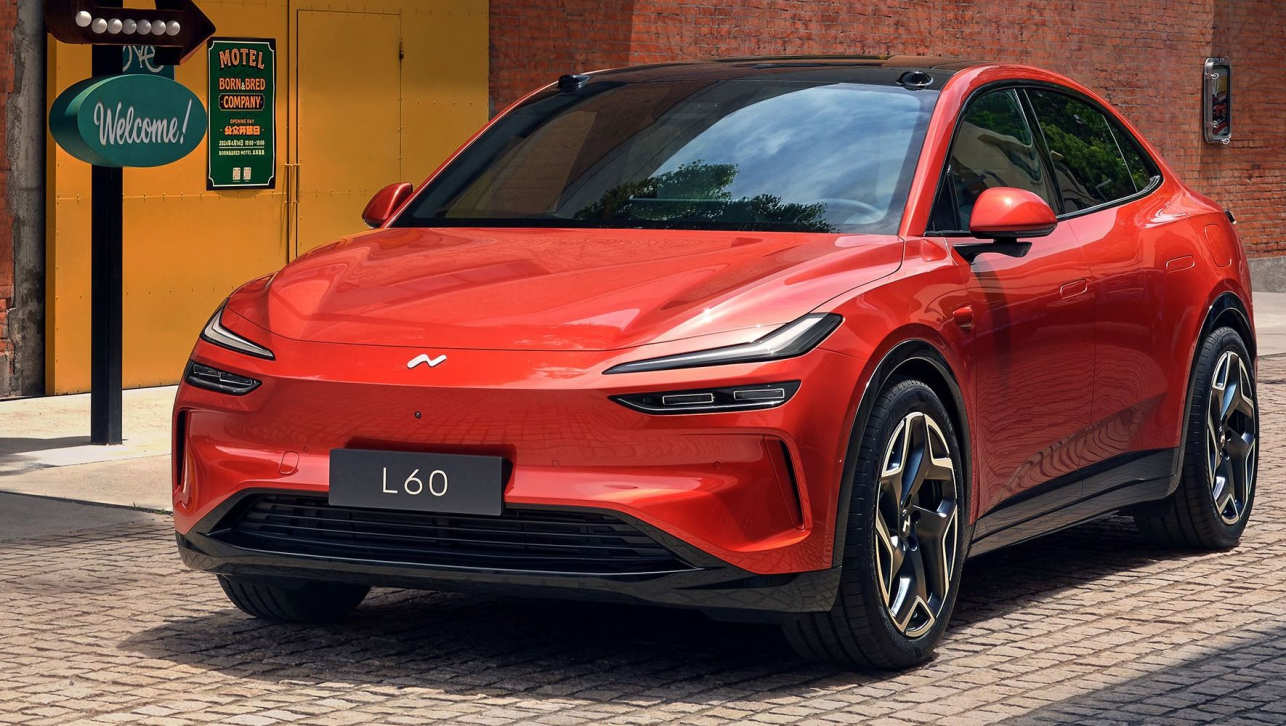

.jpg)
.jpg)
.jpg)
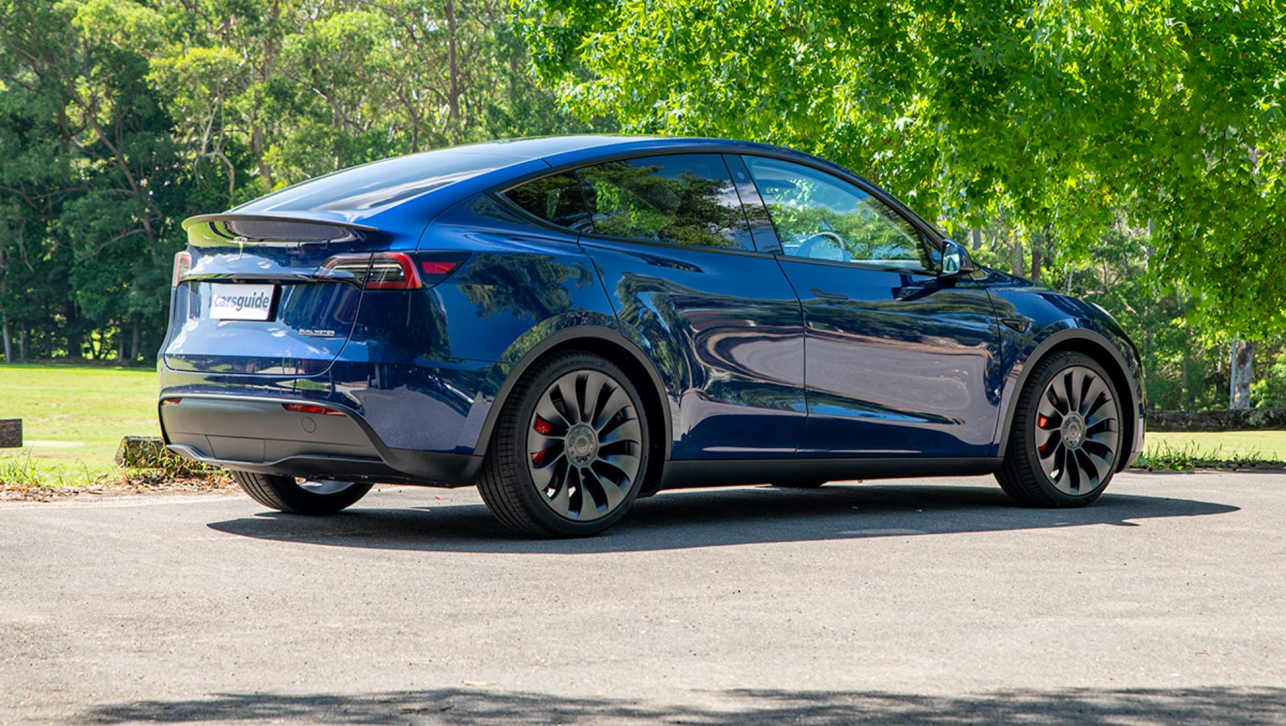
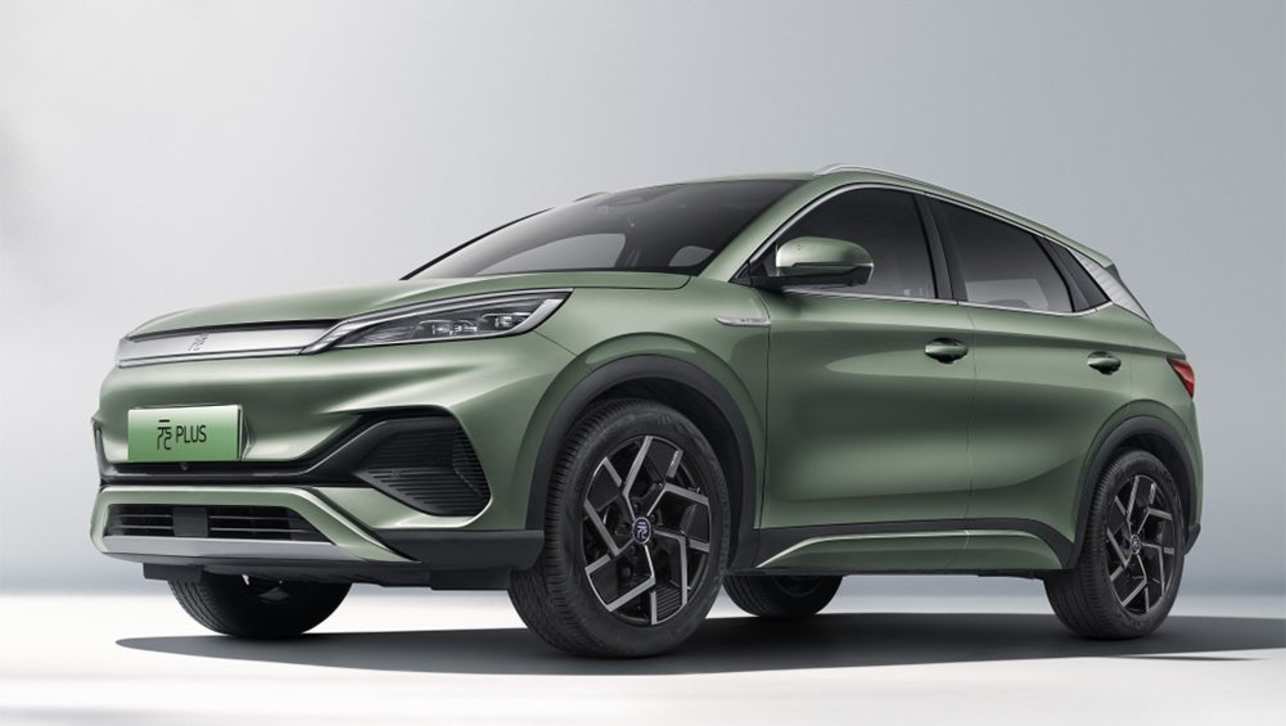
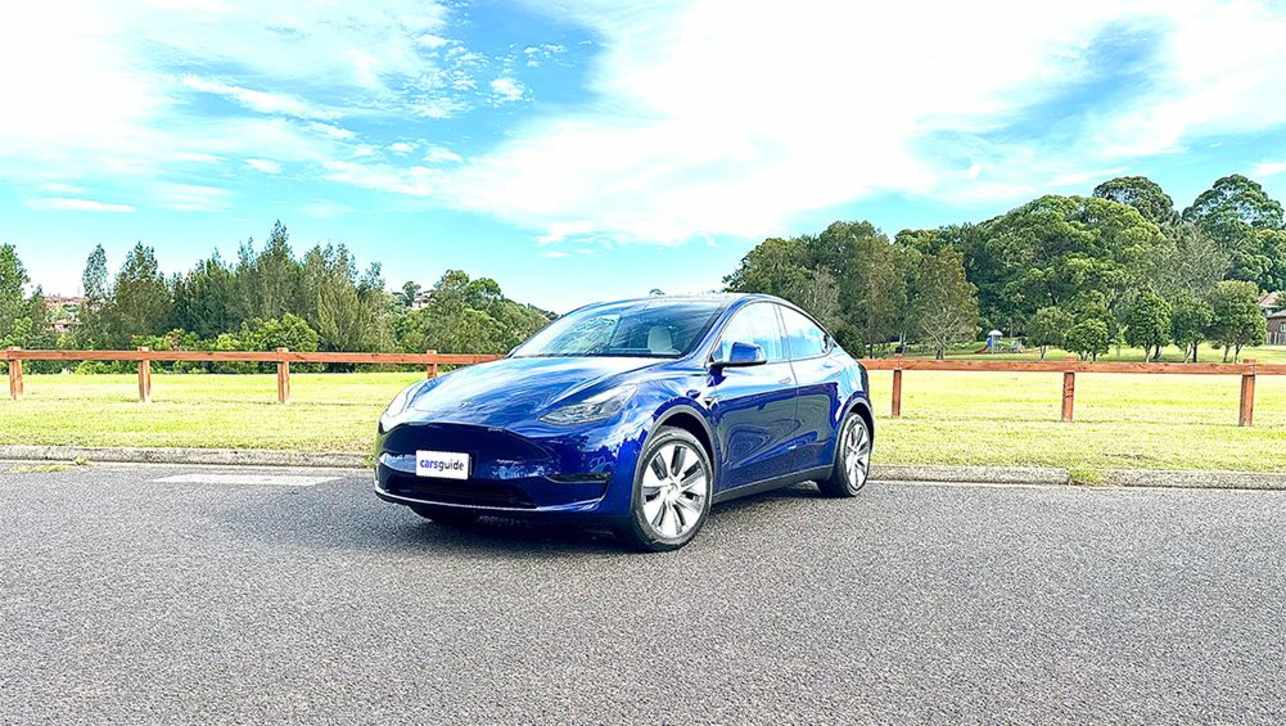
.jpg)
.jpg)



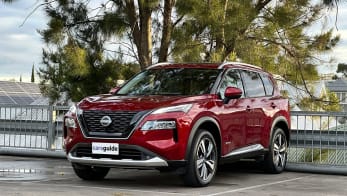
Comments